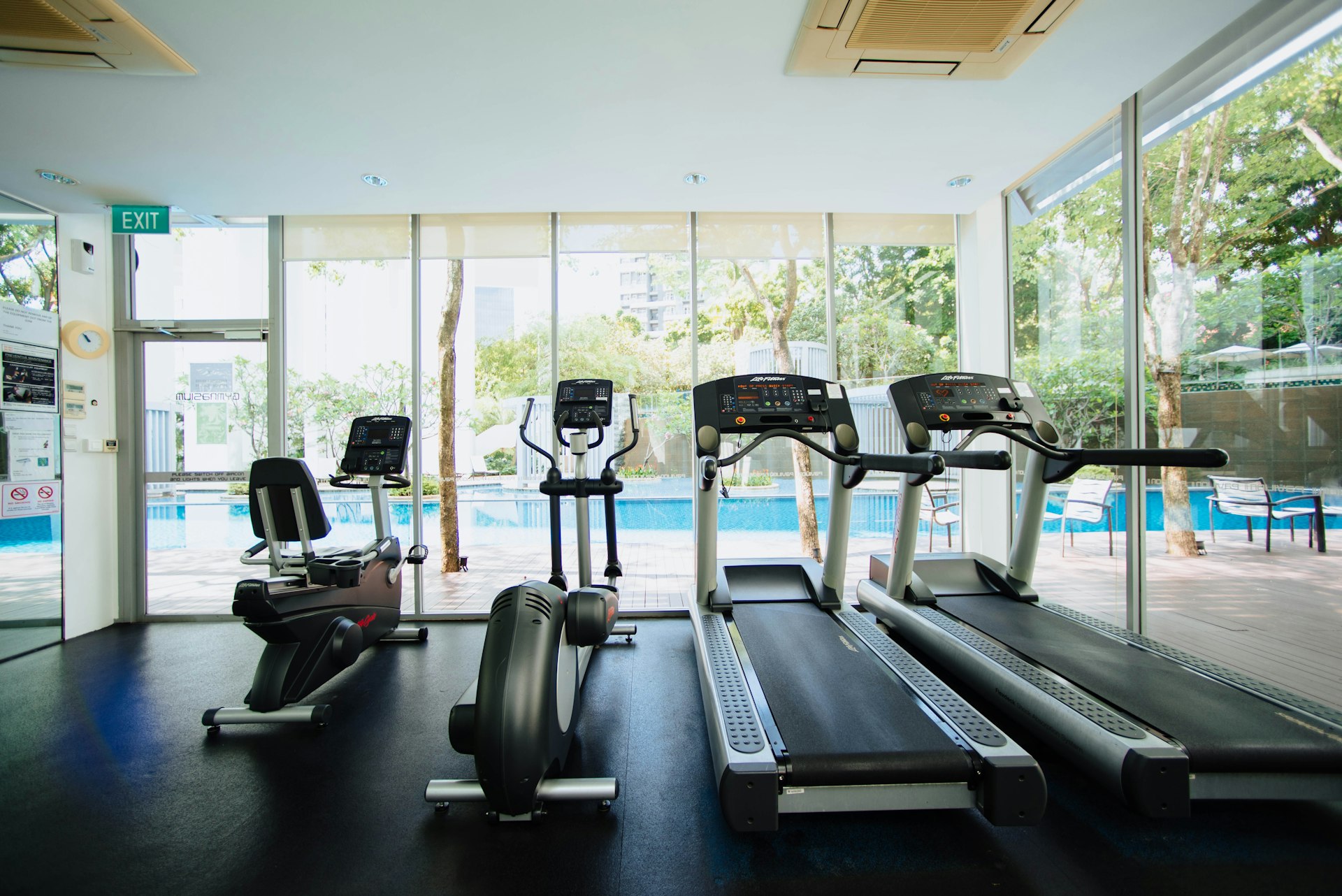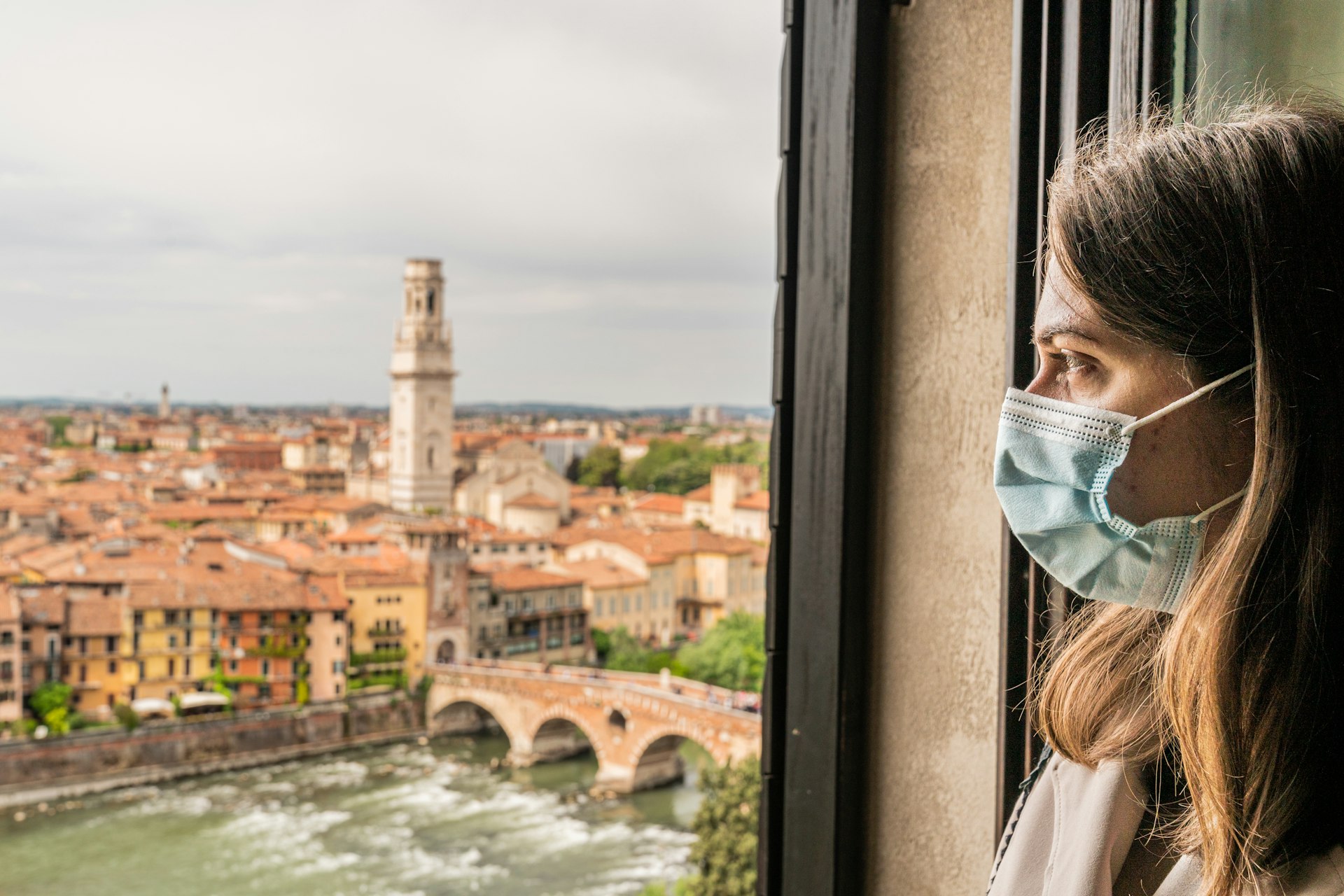How Pandemics Have Transformed Global Travel Habits: What Travelers and Businesses Need to Know

Photo by Alessandro Carrarini on Unsplash
Introduction: The Global Travel Landscape in the Wake of Pandemics
The emergence of large-scale pandemics, most notably COVID-19, has dramatically altered the patterns, preferences, and expectations of travelers around the globe. From sudden halts in international mobility to long-term changes in risk perception and digital adoption, the travel sector has undergone a rapid transformation. This article offers a thorough analysis of these changes, guidance for travelers and businesses, and actionable steps for navigating the new travel environment, all grounded in current research and reliable data.
Immediate Impacts: Travel Restrictions and Industry Contraction
At the onset of the COVID-19 pandemic, governments worldwide imposed extensive travel restrictions and quarantines that brought nearly all forms of international and domestic travel to an abrupt stop. By April 2020, more than half of the global population faced some form of lockdown or mobility restriction, resulting in a 72% decrease in foreign trips between January and October 2020 compared to the previous year [1] . In the United States, hotel occupancy plunged, air passenger numbers dropped by over 95%, and international arrivals fell to less than 4% of pre-pandemic levels [4] . This shock put millions of jobs at risk, especially in tourism-dependent economies [5] .
Behavioral Shifts: Risk Perception and Travel Decision-Making
Pandemics have elevated the perceived risk associated with travel. Many individuals now view travel as a potential threat to health and safety, which has led to reduced consumer confidence and a significant shift in travel motivations. During the pandemic, leisure travel sharply declined, and essential travel (such as for work or emigration) became relatively more common [3] . Travelers also favored shorter trips and avoided regions perceived as high-risk, such as parts of Asia, in favor of destinations with lower reported infection rates [3] .
For those considering travel in the current climate, it is advisable to:
- Monitor official advisories from agencies such as the U.S. Centers for Disease Control and Prevention (CDC) and the World Health Organization (WHO) for the latest travel guidance.
- Research destination-specific restrictions, entry requirements, and health protocols by visiting official tourism board websites or contacting embassies directly.
- Consider purchasing flexible or refundable tickets, as circumstances may change rapidly.
Digital Transformation: Technology’s Rising Role in Travel
A key consequence of the pandemic has been the acceleration of digital adoption across the travel industry. Contactless check-ins, online booking platforms, digital health passports, and real-time travel alerts have become standard. These technologies not only reduce physical contact but also allow travelers to customize and control their experiences [2] .
To leverage these advancements, travelers and travel providers can:
- Use official airline and hotel apps for bookings, updates, and contactless services.
- Register for digital health certification apps recognized by major airlines and governments.
- Take advantage of virtual travel agents and planning tools for personalized trip management.
For more information about digital travel innovations and platforms, consult established travel industry resources or your preferred travel provider’s official website. Always verify app legitimacy before downloading.
Long-Term Trends: Permanent Changes in Traveler Preferences
Even as international tourism has rebounded-reaching 1.4 billion arrivals in 2024, just below pre-pandemic levels [2] -many pandemic-era behaviors persist. Travelers now prioritize:

Photo by jameson wu on Unsplash
- Health and hygiene: Demand for rigorous sanitation, health screenings, and visible safety protocols remains high. Many providers now offer detailed cleanliness information and flexible cancellation policies.
- Flexible itineraries: Travelers prefer to book last-minute and retain the ability to change or cancel plans with minimal penalty.
- Nature and rural destinations: There is increased interest in national parks, outdoor recreation, and less-crowded locales, reflecting a desire to avoid urban density and minimize health risks [4] .
- Sustainable travel: The pandemic has prompted reflection on the environmental impact of travel, leading to greater interest in sustainable tourism practices.
Businesses and individuals can adapt by seeking providers who publicize robust safety standards, prioritize sustainability, and offer flexible booking arrangements. For the most up-to-date travel health and safety information, consult official health agencies and your travel provider’s official communication channels.
Case Studies and Real-World Examples
A study of travelers in Portugal revealed a marked increase in work and emigration travel during the pandemic, with tourism dropping by 5% and a shift toward shorter leisure trips [3] . In the United States, while visits to national parks fell, visitation to national forests actually grew, reflecting a change toward open-air, nature-based travel [4] . Globally, tourism-dependent economies have faced prolonged recovery periods and continued to struggle with fluctuating traveler confidence [5] .
How to Access the Latest Travel Guidance and Services
Because travel rules and health precautions change frequently, it is essential to follow these steps for safe and informed travel:
- Consult Official Sources: For up-to-date travel advisories, visit the official websites of government health agencies (such as the CDC or your country’s health ministry) and the World Health Organization.
- Check Entry Requirements: Before booking, review destination-specific requirements, including COVID-19 testing, vaccination, and quarantine policies. This information is typically available on embassy or official tourism board websites.
- Stay Flexible: Opt for travel services with changeable or refundable options and consider travel insurance that covers pandemic-related disruptions.
- Use Trusted Digital Tools: Register for recognized health apps and use only official airline, hotel, or government platforms for bookings and updates.
- Monitor Your Health: Adhere to all recommended health practices, including vaccination, mask usage in high-risk environments, and hand hygiene.
If you need direct support or information, contact your travel provider’s official customer service or seek guidance from government travel hotlines. When searching for services, use terms like “official travel advisory [destination]” or “government health travel restrictions [country]”.
Challenges and Alternative Approaches
Travelers face multiple challenges in the post-pandemic world, including sudden policy changes, fluctuating infection rates, and varying standards of health safety across destinations. To address these, consider:
- Maintaining contingency plans for trip interruptions or cancellations.
- Favoring destinations with robust health infrastructure and transparent reporting.
- Engaging with tour operators and agencies that offer dedicated pandemic support and flexible arrangements.
If digital or language barriers impede your research, contact national tourism boards or embassies for personalized assistance.
Key Takeaways for Travelers and Industry Stakeholders
The widespread impact of pandemics on global travel behavior is undeniable. The key to successful travel in the current era is adaptability-embracing new technologies, prioritizing health and safety, and staying informed through official channels. By following the guidance above and regularly consulting authoritative sources, both travelers and industry professionals can navigate ongoing uncertainties and make the most of evolving opportunities in global travel.
References
- [1] Jęczmyk, A. (2023). Impact of COVID-19 Pandemic on Tourist Travel Risk Perception and Travel Behavior.
- [2] Annex Publishers (2024). Impact of Covid-19 Pandemic State on Decision to Travel.
- [3] Figueiredo, I. et al. (2024). Impact of the COVID-19 Pandemic on the Travel Behavior of International Travelers.
- [4] U.S. Department of Commerce (2024). Effects of COVID-19 on Travel and Tourism Industry.
- [5] IMF (2020). Impact of the Pandemic on Tourism.
MORE FROM resultsdiscount.com













